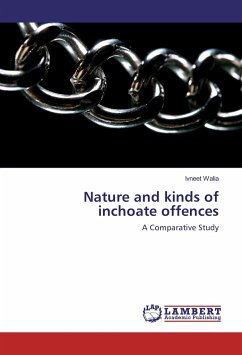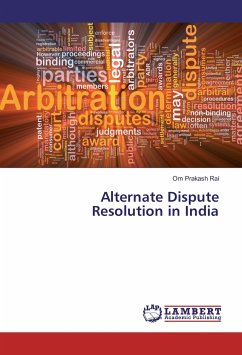The word 'inchoate', not much used in ordinary discourse, means 'just begun'. The common law has given birth to three general offences which are usually termed 'inchoate' or 'preliminary' crimes- attempt, conspiracy and incitement. A principal feature of these crimes is that they are committed even though the substantive offence (i.e. the offence it was intended to bring about) is not completed and no harm results. It must be noted that attempt, abetment and conspiracy is made punishable both under Indian Penal Code, 1860 in India and under English Law. In India there are both specific and general provisions whereas, in England it is now defined and punished in the Criminal Attempts Act 1981 and conspiracy in part I of the Criminal Law Act, 1977, as amended by the Criminal Attempts Act, 1981? Incitement remains a common law offence. The object of the paper is to explain the concept and kinds of offences which can be made punishable even if they are not committed or their commission is rendered impossible.
Bitte wählen Sie Ihr Anliegen aus.
Rechnungen
Retourenschein anfordern
Bestellstatus
Storno








